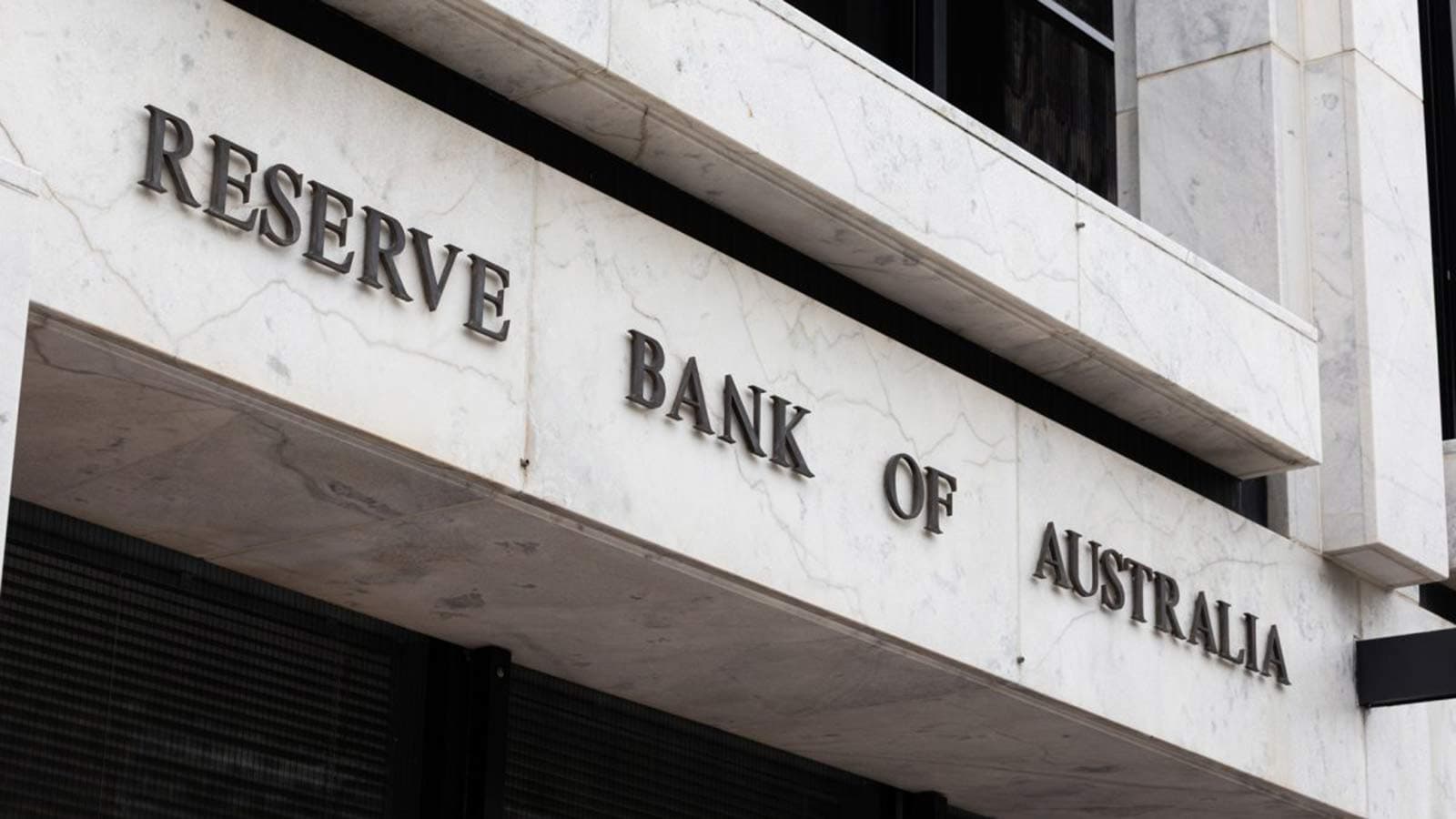We're loading the full news article for you. This includes the article content, images, author information, and related articles.
The Reserve Bank of Australia's decision to maintain its key interest rate at 3.6% reflects a persistent global battle against inflation, a trend mirrored by the Central Bank of Kenya, with potential impacts on trade, investment, and commodity prices for the East African region.

GLOBAL - The Reserve Bank of Australia (RBA) held its key cash rate at 3.6% on Tuesday, 4th November 2025, as the nation grapples with a surprising uptick in inflation, a move that underscores the persistent economic pressures facing central banks worldwide, including in Kenya. RBA Governor Michele Bullock confirmed the board did not consider a rate cut and stated that future decisions remain open, remarking, “Anything’s possible,” highlighting the data-dependent approach many monetary authorities are taking in a volatile global environment.
The decision in Sydney, announced at 2:30 PM Australian Eastern Daylight Time (6:30 AM EAT), was widely anticipated by economists. It came after data from the Australian Bureau of Statistics showed annual inflation rose to 3.2% in the September 2025 quarter, up from 2.1% previously, exceeding forecasts and moving towards the top of the RBA's 2-3% target range. This mirrors the challenges faced globally as economies contend with stubborn price pressures.
The RBA's cautious stance contrasts with the recent actions of the Central Bank of Kenya (CBK). On 7th October 2025, the CBK's Monetary Policy Committee (MPC) lowered its benchmark lending rate to 9.25%. This decision was supported by Kenya's relatively stable inflation, which stood at 4.6% in October 2025, unchanged from September and within the government's target range of 2.5% to 7.5%, according to the Kenya National Bureau of Statistics (KNBS).
However, while headline inflation in Kenya appears contained, the KNBS data reveals significant pressure on households, with year-on-year food and non-alcoholic beverage prices rising by 8.0% and transport costs increasing by 4.8%. This divergence in policy—Australia holding firm while Kenya cautiously eases—highlights the different domestic conditions but shared vulnerability to global economic headwinds.
The economic trajectory of Australia, a key trading partner, carries direct implications for Kenya. In 2024, two-way trade between the nations surpassed AUD $1 billion. Sustained high interest rates in Australia are designed to cool its economy and curb consumer demand, which could impact its appetite for Kenyan imports.
According to the Observatory of Economic Complexity, Kenya's top exports to Australia in 2023 included coffee, cut flowers, and sowing seeds. A slowdown in the Australian economy could dampen demand for these key agricultural products, affecting export revenues for Kenyan producers. In July 2025, Kenya's exports to Australia were valued at AUD 3 million, while imports from Australia, primarily wheat and machinery, stood at AUD 14 million, highlighting a significant trade imbalance that Kenyan officials are keen to address.
Monetary policy in developed economies like Australia also influences global investment patterns. Higher interest rates can make Australian assets more attractive to international capital, potentially reducing the flow of foreign direct investment into emerging markets like Kenya. This is a critical consideration for Kenya as it seeks foreign investment to drive growth in sectors such as mining, technology, and clean energy.
Despite these challenges, Australia has committed to significant investment in the region. In late 2024, the Australian government announced a USD $75 million (approx. KSh 9.7 billion) investment in climate-resilient agriculture in Africa, from which Kenya is expected to benefit.
In Australia, the RBA's decision has fueled political debate. The opposition Coalition criticized the ruling Labor government's spending policies, claiming they prevented a pre-Christmas interest rate cut for households. [cite: ] This domestic pressure is a common feature in many countries where governments are trying to balance fiscal support for citizens against the central bank's mandate to control inflation.
Governor Bullock emphasized the RBA is not on a predetermined path and will continue to analyze data as it arrives. [cite: ] This sentiment of uncertainty is shared by policymakers globally. For Kenya, the decisions made in far-off capitals like Canberra serve as a crucial barometer of the global economic climate, influencing everything from the price of coffee on the international market to the flow of investment into critical local projects.
Keep the conversation in one place—threads here stay linked to the story and in the forums.
Sign in to start a discussion
Start a conversation about this story and keep it linked here.
Other hot threads
E-sports and Gaming Community in Kenya
Active 9 months ago
The Role of Technology in Modern Agriculture (AgriTech)
Active 9 months ago
Popular Recreational Activities Across Counties
Active 9 months ago
Investing in Youth Sports Development Programs
Active 9 months ago